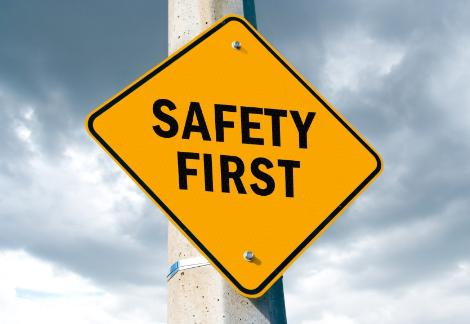Trust and integrity are the cornerstones of any successful organization, serving as the bedrock for strong relationships with employees, customers, and stakeholders. However, when trust is eroded due to breaches of integrity, unethical behavior, or organizational misconduct, it can have far-reaching consequences, damaging reputation, morale, and bottom-line results.
Here is a comprehensive roadmap for organizations to restore trust with their employees and customers:
1. Acknowledge the Problem
The first step in restoring trust and integrity is acknowledging the problem openly and honestly. Leaders must confront the reality of the situation, take responsibility for past mistakes, and recognize the impact of trust erosion on employees, customers, and the organization as a whole. This requires humility, transparency, and a willingness to listen to feedback from those affected.
2. Conduct a Thorough Assessment
Once the problem has been acknowledged, organizations must conduct a thorough assessment to understand the root causes of trust erosion and identify areas for improvement. This may involve gathering feedback through surveys, interviews, and focus groups with employees and customers, as well as reviewing internal processes, policies, and behaviors that may have contributed to the breakdown of trust.
3. Communicate Openly and Transparently
Effective communication is essential for rebuilding trust and integrity in an organization. Leaders must communicate openly and transparently with employees and customers, providing regular updates on the organization's progress towards restoring trust and addressing concerns and questions with sincerity. This includes sharing information about actions taken to address the root causes of trust erosion and demonstrating a commitment to change.
4. Lead by Example
Leadership by example is critical for rebuilding trust and integrity. Leaders must embody the values of honesty, integrity, and accountability in their actions and decisions, setting a positive example for employees to follow. This may involve making difficult decisions, admitting mistakes, and demonstrating a willingness to learn and grow from past failures.
5. Implement Concrete Action Plans
Restoring trust and integrity requires more than just words – it requires concrete action. Organizations must develop and implement action plans to address the root causes of trust erosion and rebuild trust with employees and customers. This may include changes to organizational policies and procedures, investments in employee training and development, and initiatives to improve transparency and accountability.
6. Foster a Culture of Trust and Accountability
Building a culture of trust and accountability is essential for maintaining trust and integrity in the long term. Organizations must create an environment where employees feel empowered to speak up about unethical behavior, raise concerns without fear of retaliation, and hold themselves and others accountable for upholding the organization's values and standards of conduct.
7. Monitor Progress and Adjust Course
Restoring trust and integrity is an ongoing process that requires continuous monitoring and adjustment. Organizations must regularly evaluate their progress towards rebuilding trust with employees and customers, soliciting feedback, and making course corrections as needed. This may involve revising action plans, addressing new challenges as they arise, and celebrating successes along the way.
Wrapping it up
Restoring trust and integrity in an organization requires a concerted effort from leaders at all levels. While the road to rebuilding trust may be challenging, the rewards – including enhanced reputation, increased employee engagement, and improved customer loyalty – make it well worth the effort.












